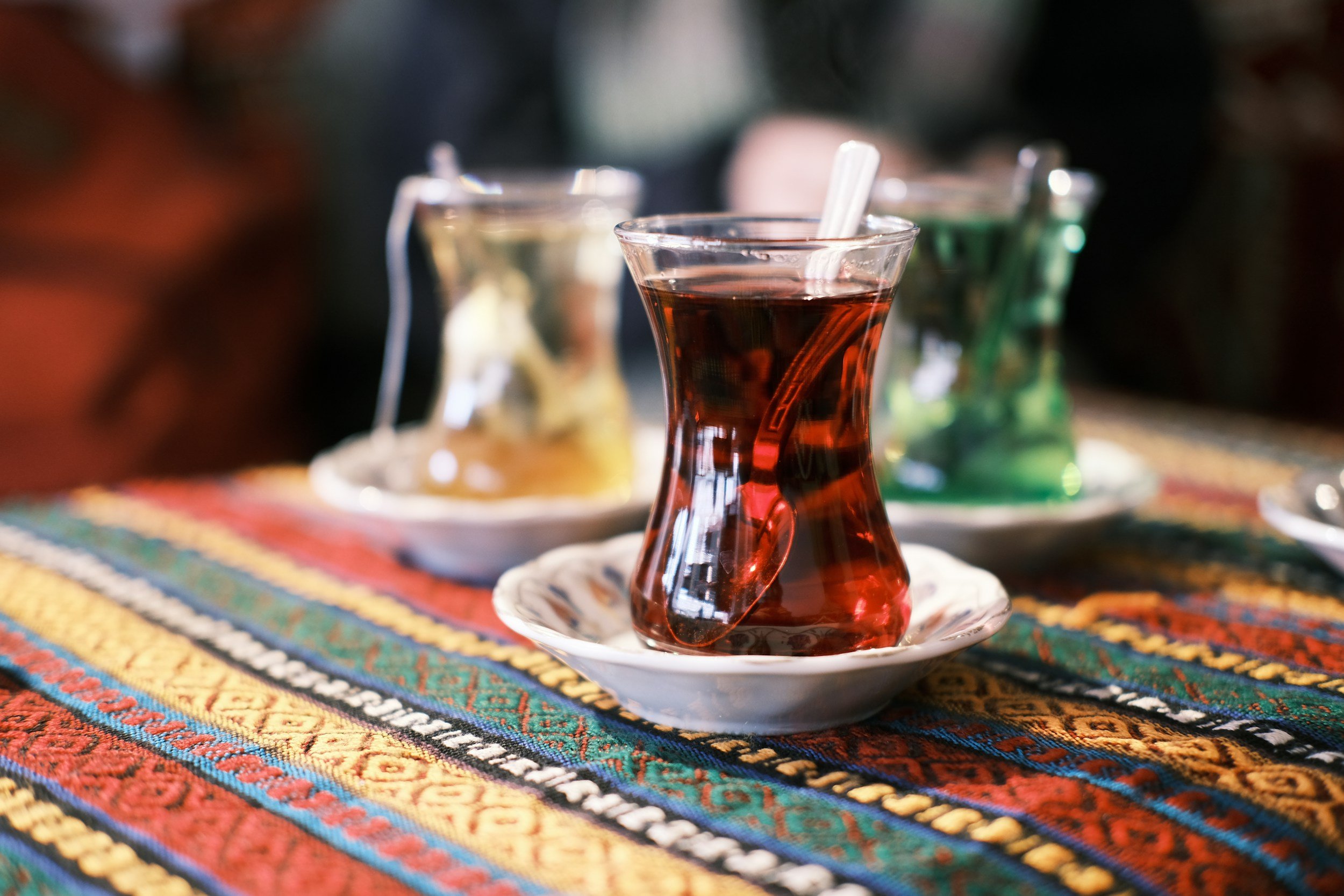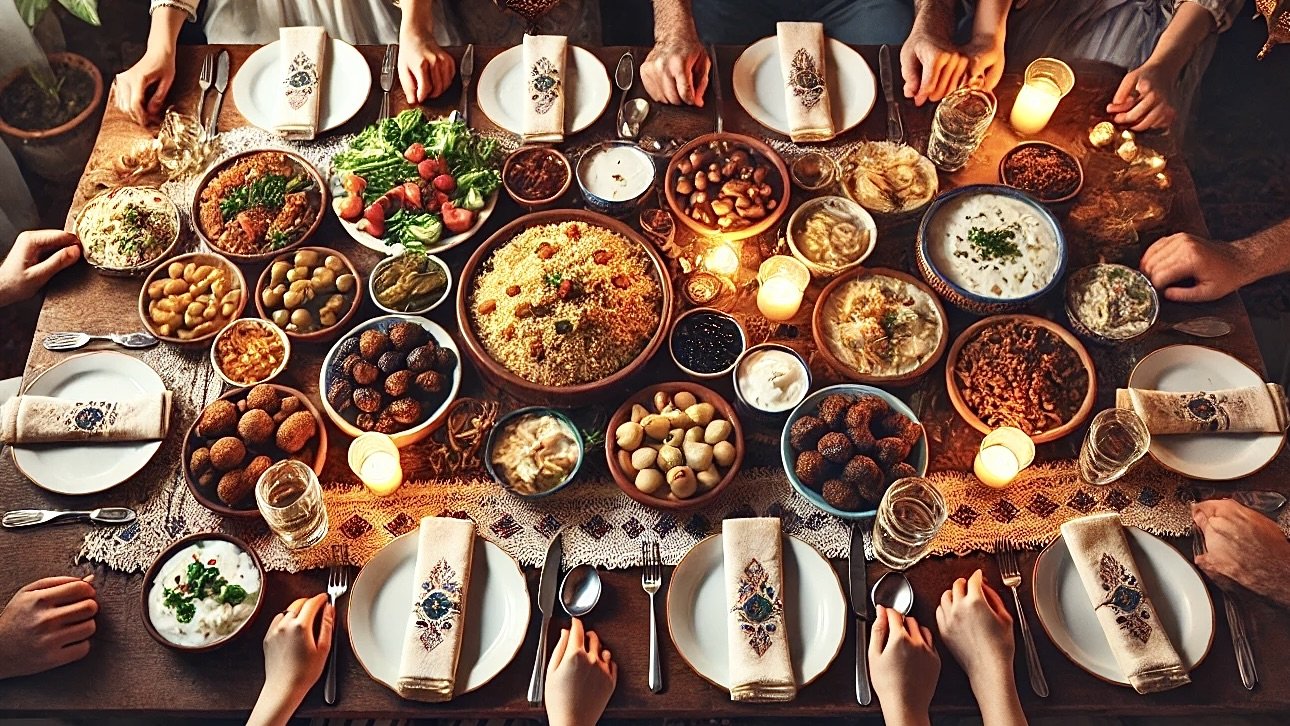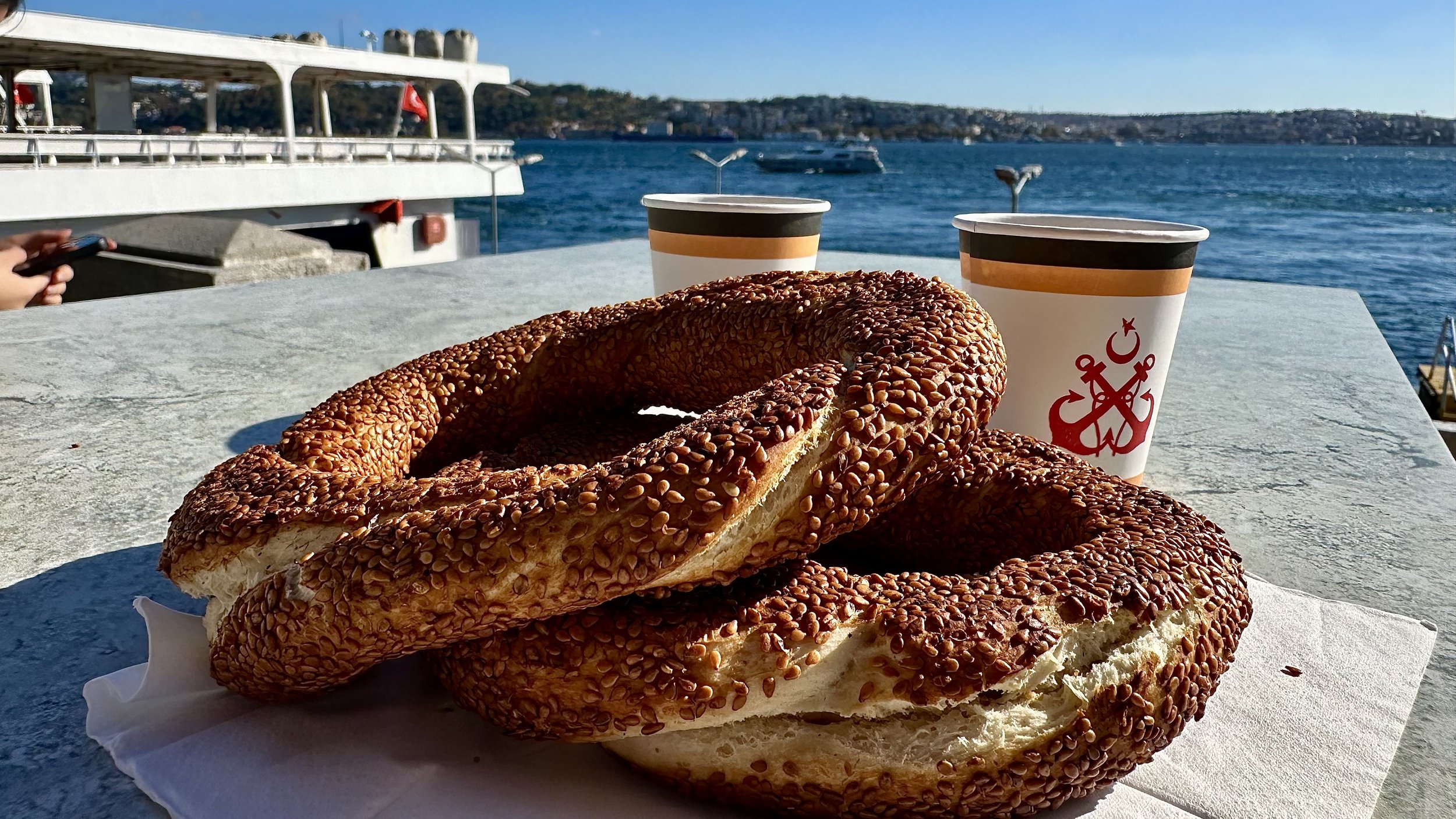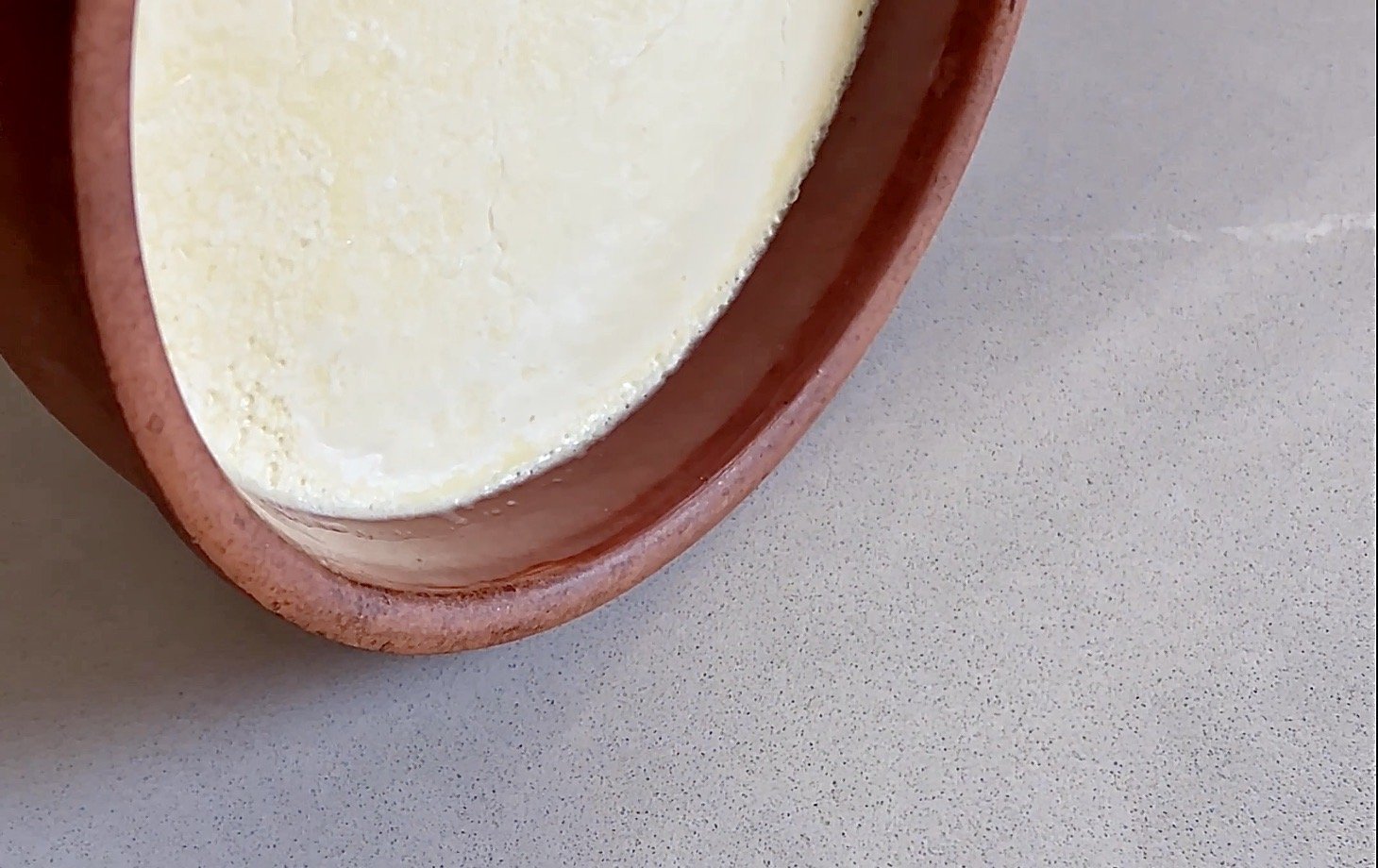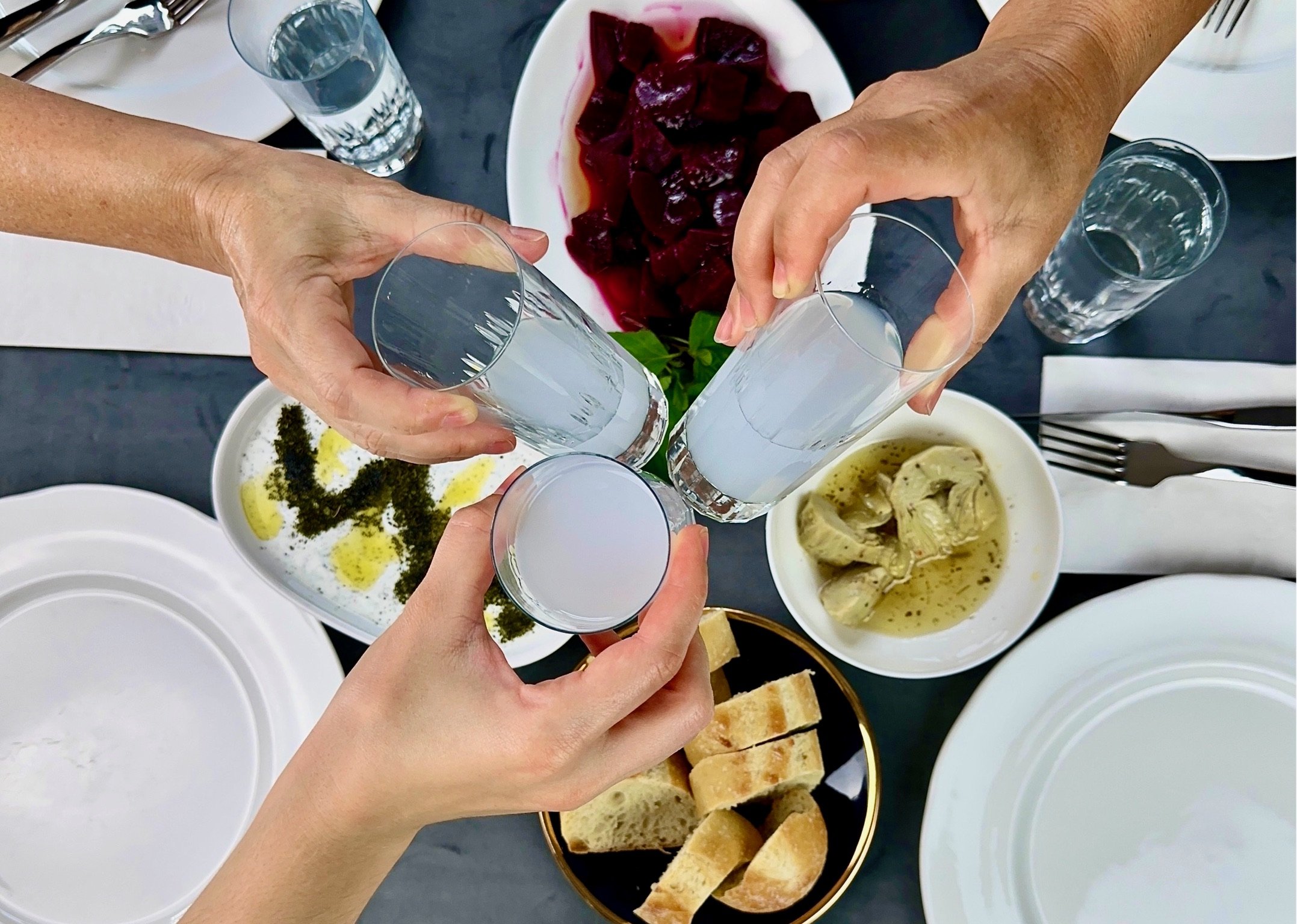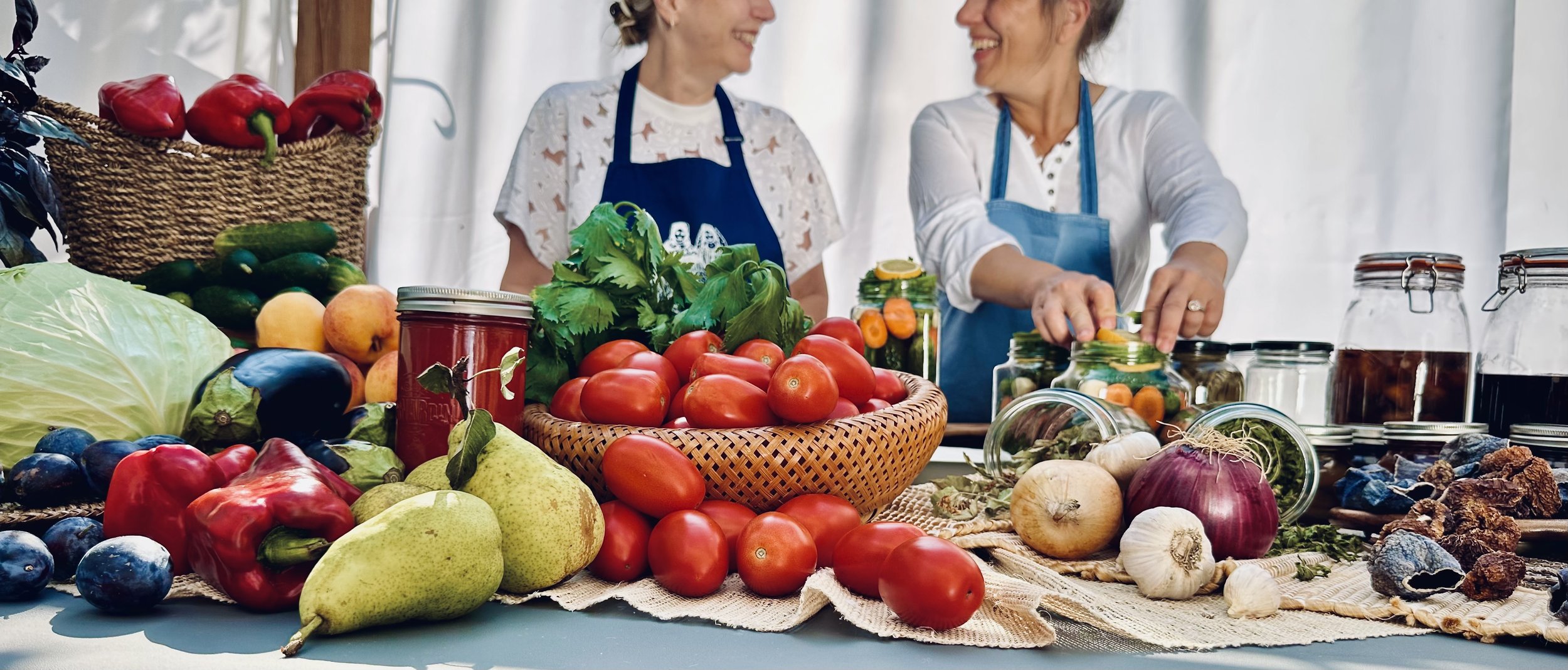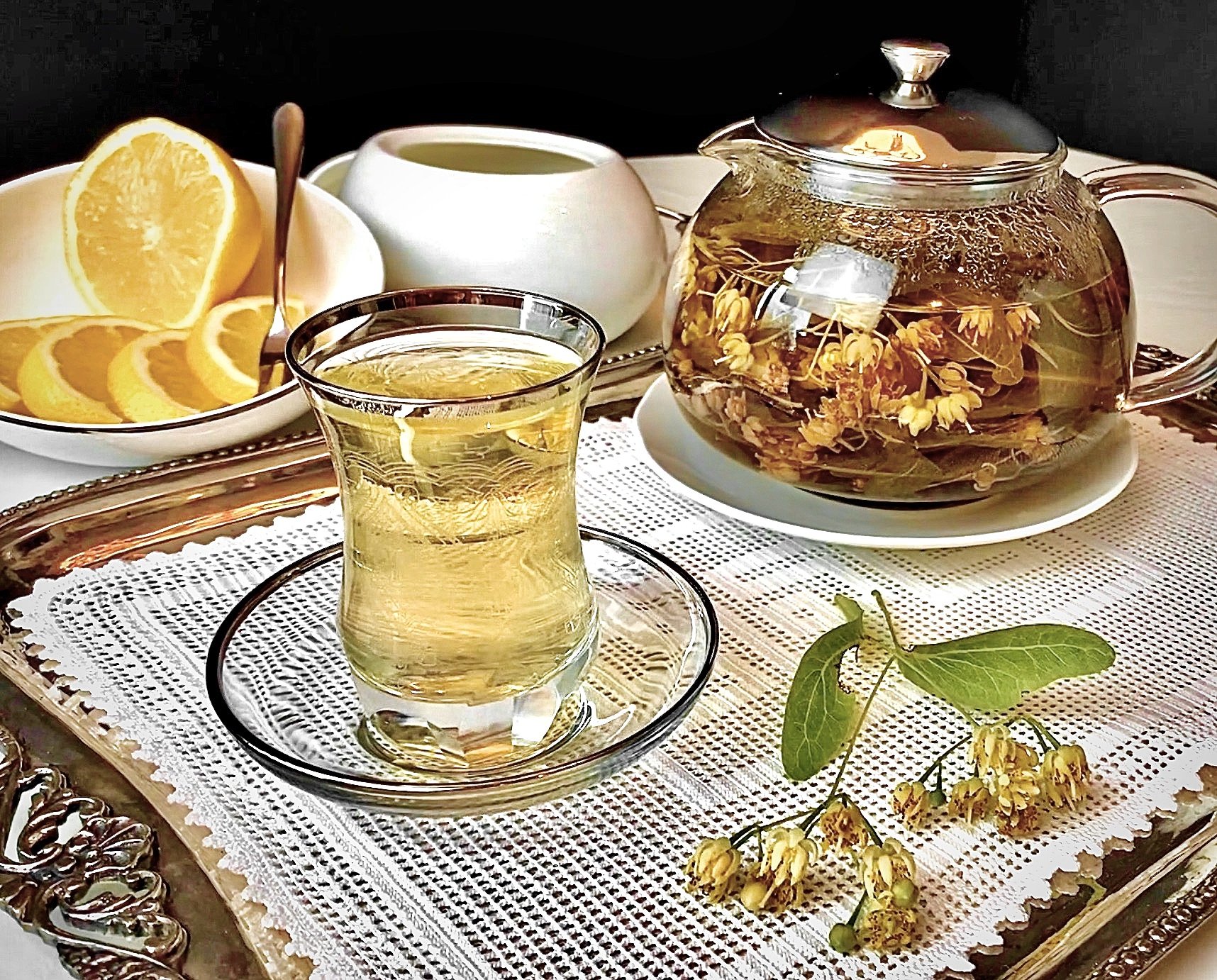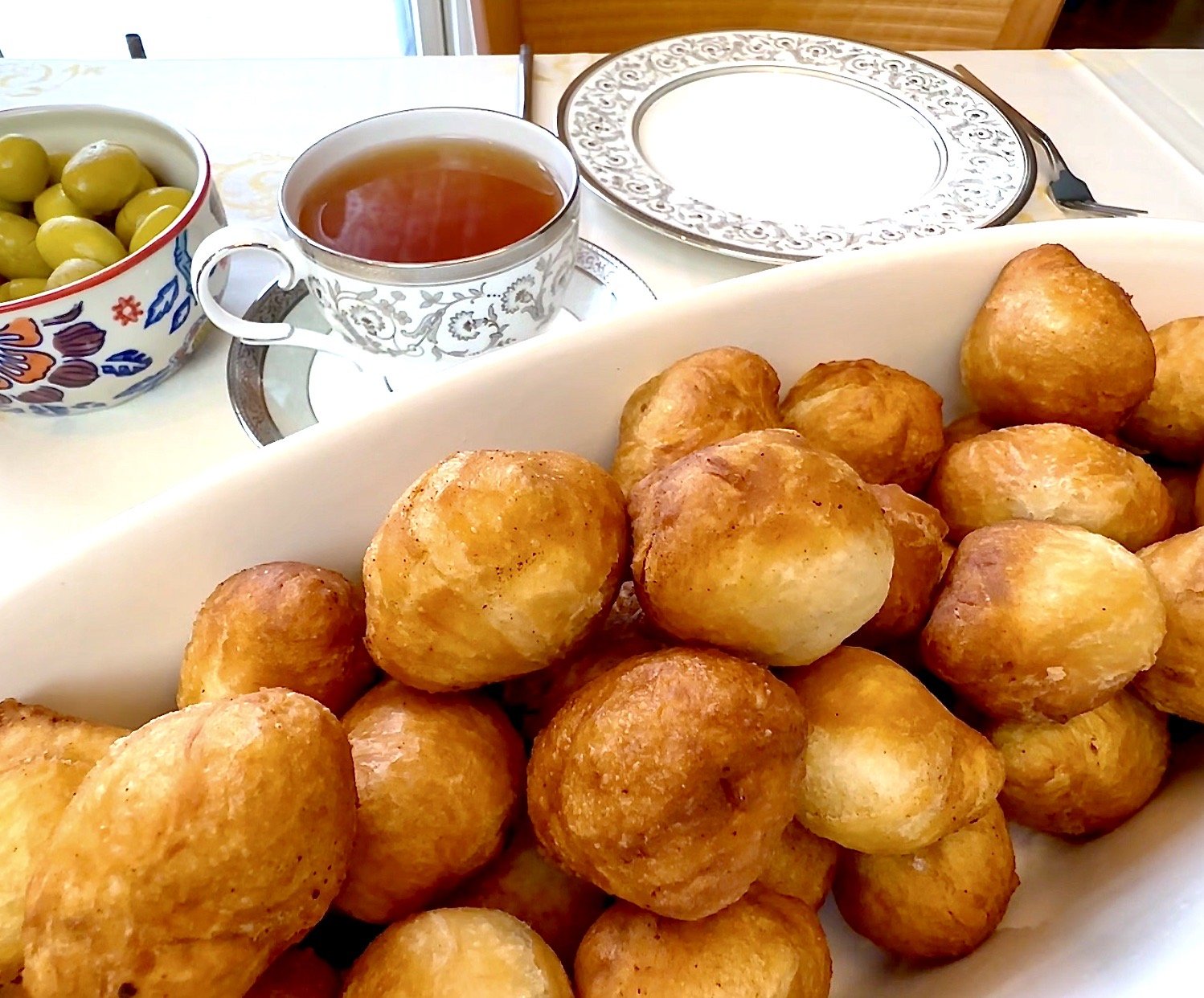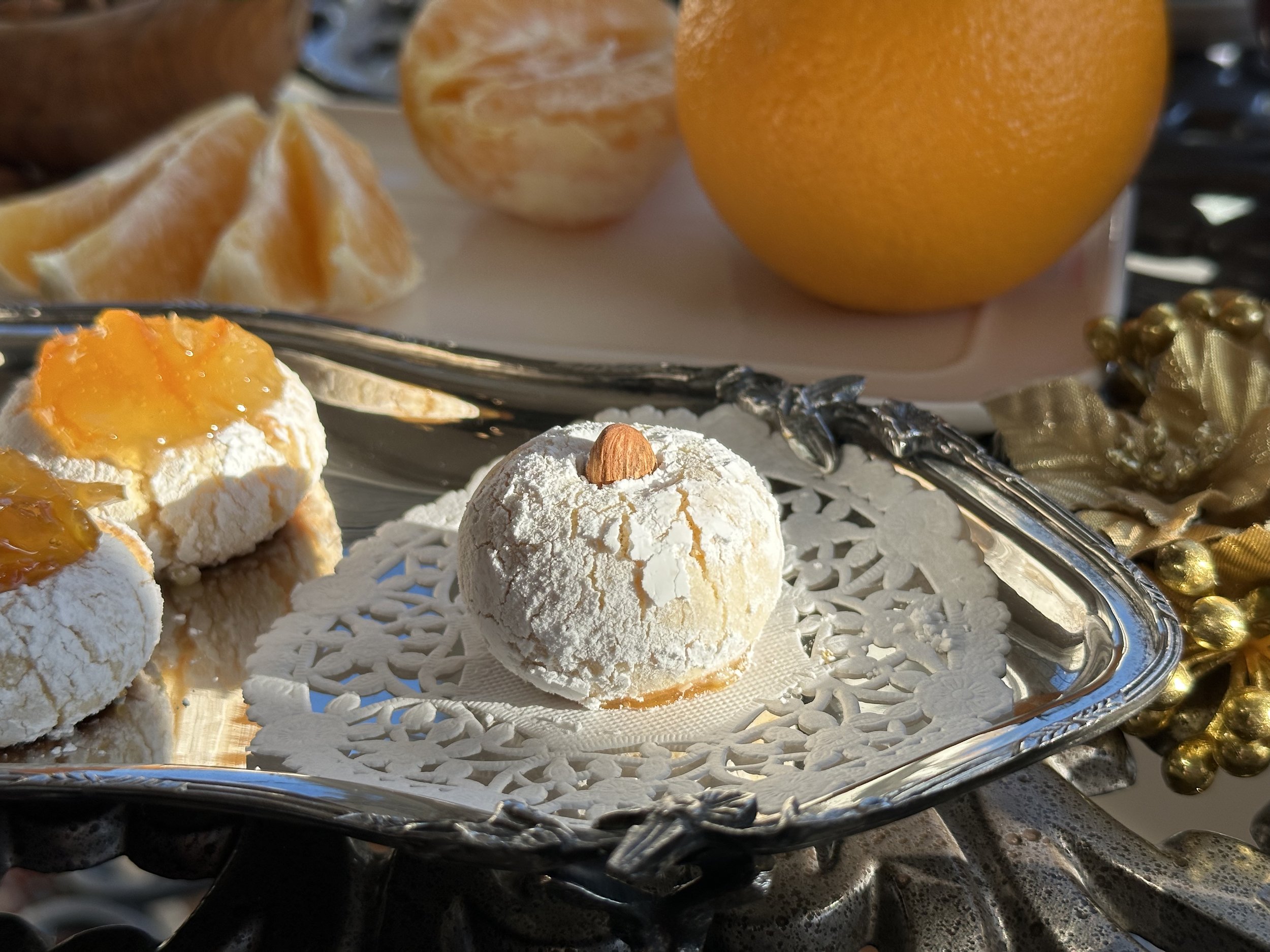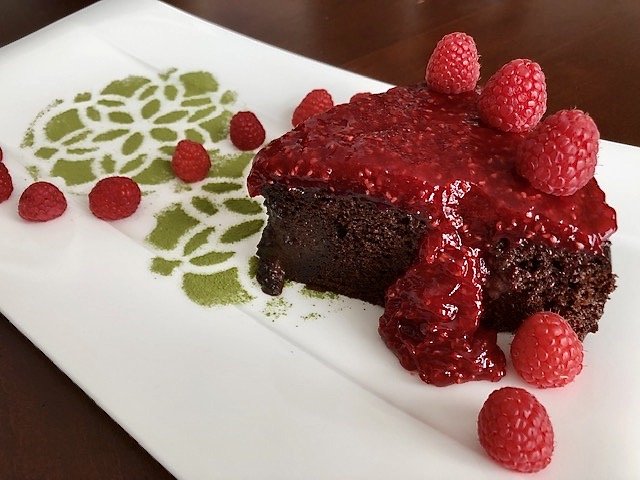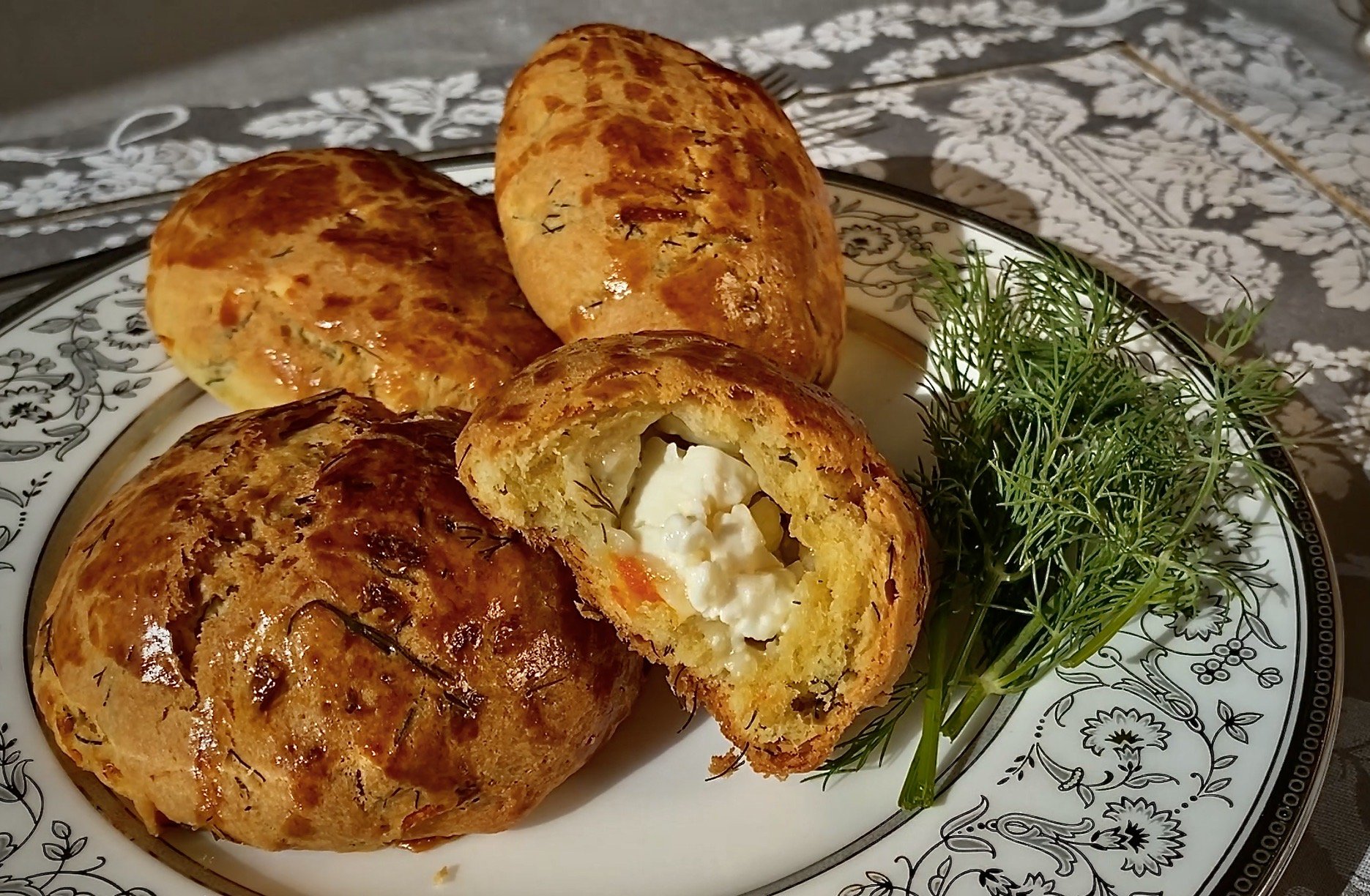Soul of a Culture: A Cup of Turkish Tea
Waking up in a cozy home to the aroma of freshly brewed tea mingling with the scent of homemade pastries…This is a daily reality for many in Turkey, where afternoon tea gatherings at home are a cherished ritual that brings families and friends together, fostering a sense of community and connection. This practice, deeply embedded in Turkish culture, is an experience that embodies hospitality, warmth, and the simple joy of sharing life.
The Art of Tea Preparation
Tea is a universal beverage in Turkey, enjoyed by people from all walks of life. Whether in a bustling city or a quiet village, tea is a common thread that connects different socioeconomic groups. Yet, in Turkish homes, preparing tea, or “çay,” remains a revered art form. Using a special double teapot called a “çaydanlık,” the lower pot is filled with water, while the upper pot holds the brewing loose tea leaves. The tea is brewed strong and then diluted with hot water to achieve the perfect balance for the individual. This method ensures a rich, fragrant tea that is poured into delicate, tulip-shaped glasses —the perfect form to maximize the aromatic experience! It is no wonder that Turkey is one of the top tea-drinking countries in the world, with an average person consuming over 1,300 cups of tea annually. This impressive statistic highlights the central role tea plays in Turkish daily life.
A Feast for the Senses
Afternoon tea in Turkey is a sensory delight. The tea is often accompanied by an array of pastries and sweets that are as visually appealing as they are delicious. Picture a table laden with cakes, stuffed pastries, fresh salads, and crusty börek, a savory pastry made with thin layers of dough and various fillings. These treats not only complement the tea but also showcase the culinary artistry of Turkish cuisine. Interestingly, while North Americans might associate tea time with a more formal setting, Turkish tea gatherings are often casual and intimate, focusing on the joy of sharing food and conversation.
Family Gatherings
Tea gatherings at home often involve the entire family, creating a multi-generational bonding experience. Grandparents, parents, aunts, uncles, cousins, and siblings can come together to share stories, discuss their daily lives, and enjoy each other’s company. The act of sharing tea fosters a sense of community and connection, making it a cherished part of Turkish family life. Unlike the often hurried coffee culture in North America, where grabbing a coffee can be a quick, solitary activity, Turkish tea gatherings are leisurely and communal, emphasizing the importance of taking time to connect with loved ones.
Women’s Tea Gatherings
In addition to family gatherings, women in Turkey often schedule days to get together and enjoy tea with more elegantly prepared tables. These gatherings are a time for socializing, sharing experiences, and enjoying each other’s company. Women often prepare a variety of practical homemade dishes and pastries to accompany the tea, such as börek (savoury filo pastry), kısır (semolina salad), sarma (stuffed vine leaves) and kurabiye (cookies). These gatherings can also include card games as well as traditional activities like knitting, embroidery, or even seasonal food preparations, making them rich in entertainment, knowledge exchange, and learning. Perfectly content with the leftovers, these special days are kind of like unofficial holidays for the kids. This tradition is somewhat akin to the German concept of a “coffee klatch,” but with a distinctly Turkish flavor and a focus on tea.
A Universal Thread
In Turkish society, both men and women equally partake in tea drinking. In more traditional settings, women might gather in homes while men frequent the local tea gardens, known as “çay bahçesi,”. This practice is especially common in more rural areas, where men like to gather in local tea gardens or coffee houses, known as “kahvehane”. These gatherings are not just about drinking tea but also about socializing, discussing local news, playing games like backgammon, and strengthening community bonds. In urban areas, while the tradition continues, it might be more common to see mixed-gender groups enjoying tea in business plazas, historic cafes, and picnic grounds.
Beyond the Cup: What Tea Represents in Turkish Culture
In Turkish culture, tea holds many symbolic meanings, representing friendship through the warm gesture of offering tea to guests, and love through the intimate act of sharing a cup. It provides comfort in times of sorrow, offering solace to those grieving, and enhances joy during celebrations and gatherings. Tea is also a symbol of wisdom, often enjoyed during deep conversations, and promotes peace through its calming and meditative preparation. This rich cultural practice is similar to the “seven cups of tea” tradition in Chinese culture, where each cup represents a different level of enlightenment. The striking similarity between such distant and multifaceted cultures is inspiring indeed! These traditions might have evolved through time and continuous migrations across the world, blending with local customs and adapting to new cultural contexts.
The tradition of afternoon tea highlights the social significance of the most humble drink —tea— in Turkey and its role in reflecting the substance of life as experienced through Turkish culture and cuisine. It is a celebration of life and the simple pleasures that bring people together. Whether you are enjoying a cup of tea with your family, hosting a tea party with friends, or going on a first date, the warmth and hospitality of Turkish tea culture are sure to leave a lasting impression. So, boil some water and take a moment to savor a cup of Turkish tea to immerse yourself in this enchanting tradition.

